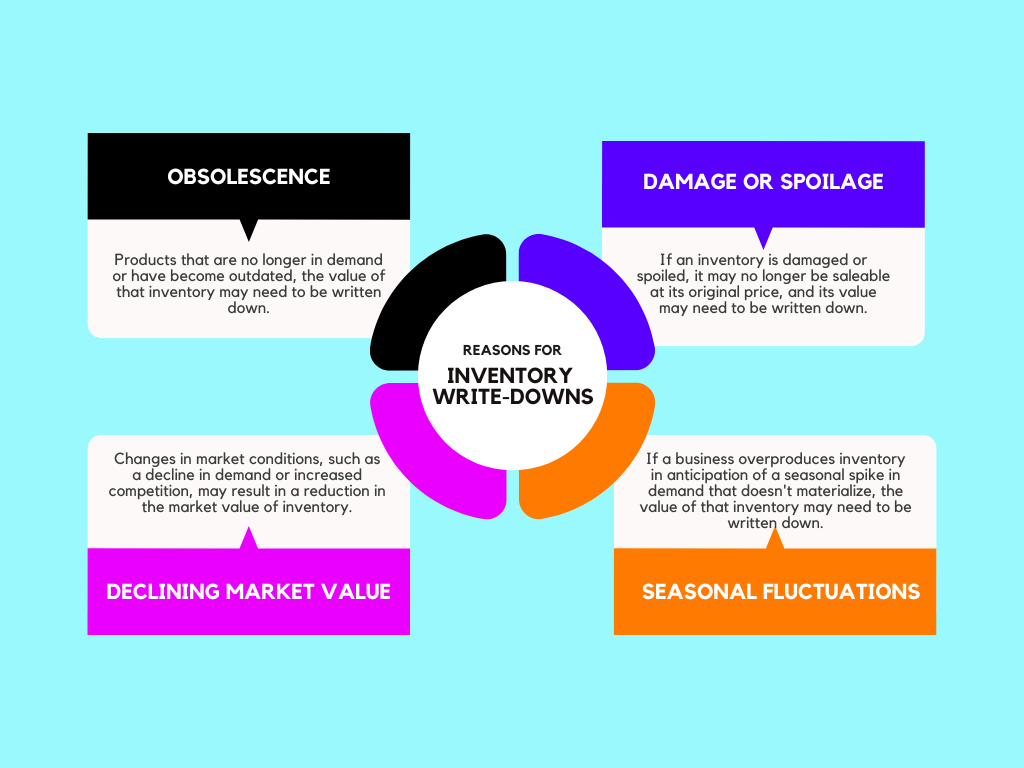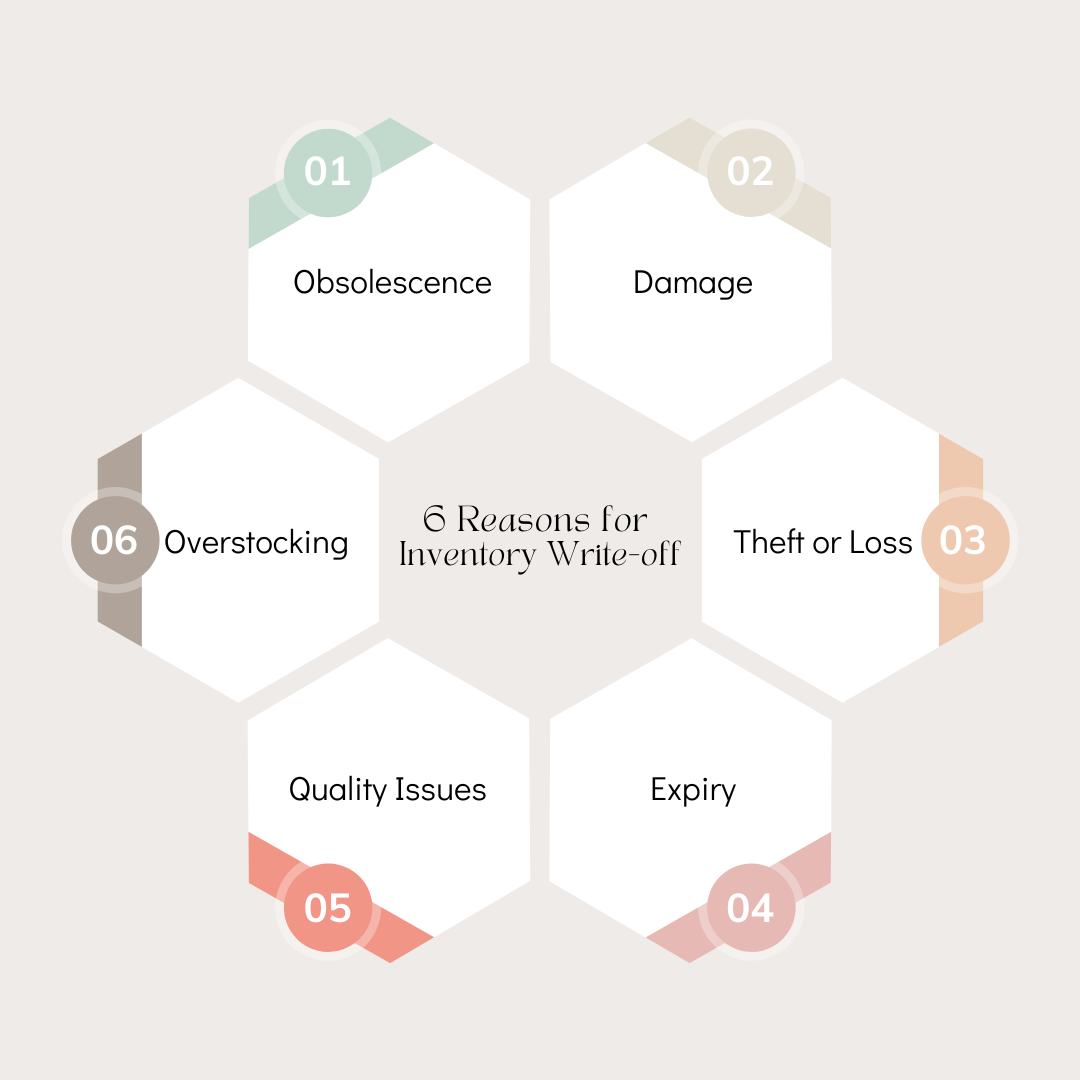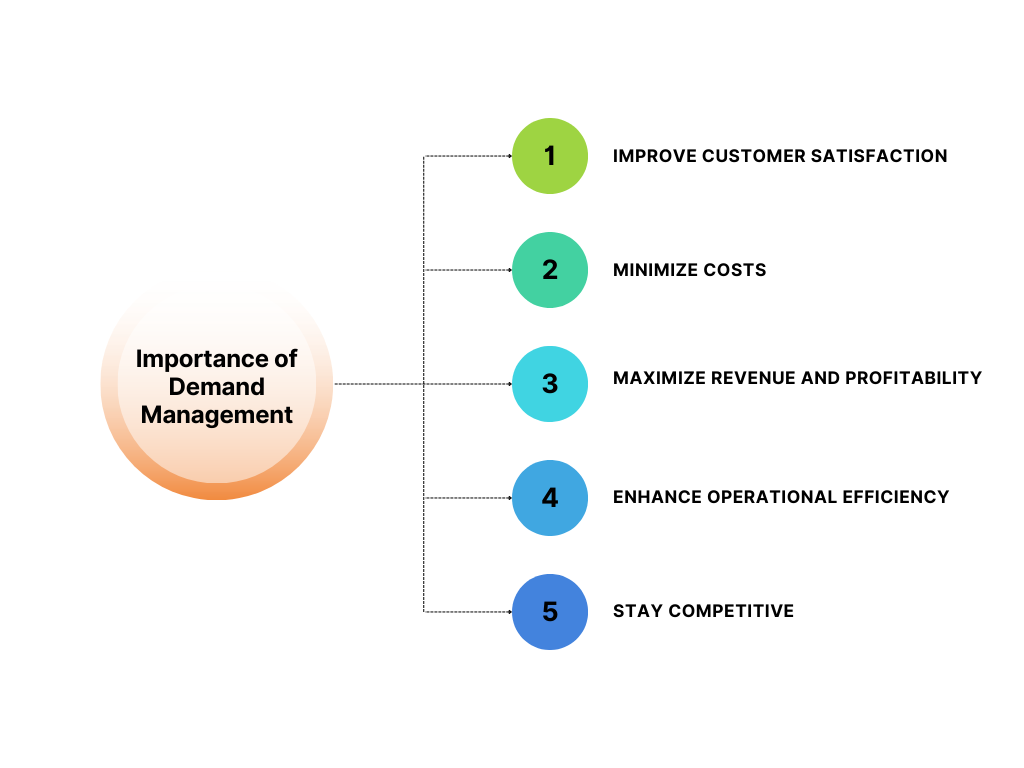
Inventory Accounting: A Comprehensive Guide
Inventory accounting plays a crucial role in accurately valuing and managing a company’s inventory assets. It involves assigning costs to inventory and properly documenting it in financial records. This comprehensive guide will provide you with a deep understanding of inventory accounting, its methods, and its impact on profit and taxation. We’ll explore the different types […]
Read More
Cost of Goods Sold (COGS): What It Is and How to Reduce It
COGS stands for Cost of Goods Sold. It represents the direct costs associated with producing the goods that a company sells. This includes the cost of materials, labor, and factory overhead that are directly used to create the product. Essentially, it tells you how much it costs your company to make the products that you […]
Read More
Inventory Write-Down: An Essential Guide for Businesses
An inventory write-down is a reduction in the value of a company’s inventory due to a decrease in its net realizable value (NRV), which is the estimated selling price of the inventory minus any costs associated with its sale. It reflects a loss in the value of the company’s inventory and is a non-cash expense that […]
Read More
Inventory Write-Offs: Causes, Consequences, and Best Practices
An inventory write-off is an accounting transaction that recognizes the reduction in the value of inventory due to loss, damage, obsolescence, or any other reason that makes it unlikely that the inventory will be sold or used in the future. When a company determines that a portion of its inventory is no longer usable or […]
Read More
Demand Management: Importance, Challenges & Best Practices
Demand management refers to the process of managing customer demand for a company’s products or services. It involves various strategies and techniques used by businesses to balance supply and demand, optimize inventory levels, and set prices that align with customer preferences and willingness to pay. Effective demand management enables businesses to reduce the risk of […]
Read More
Understanding and Minimizing Inventory Holding Costs Effectively
Welcome to our article on understanding and minimizing inventory holding costs. As businesses, we all know that managing inventory is a critical aspect of our operations. However, what many of us may not realize is that there are significant costs associated with holding inventory. These costs can eat into our profits, and if not managed well, […]
Read More
Assets vs. Inventory: Understanding the Difference
Assets refer to all the resources that a company owns or controls that can provide future economic benefits. These resources can be tangible or intangible, and they are reported on the company’s balance sheet. Inventory, on the other hand, refers specifically to the goods a company has on hand that it intends to sell in […]
Read More
Inventory Journal Entries: Importance and Best Practices
An inventory journal entry is a type of accounting entry that is used to record transactions related to a company’s inventory. It is a record of the movement of inventory items in and out of the company’s possession, as well as any adjustments made to the inventory account. Inventory journal entries are essential for keeping […]
Read More
How Do Barcodes Help With Inventory?
Barcodes are a visual representation of data that can be read by machines. They are made up of a series of parallel black and white lines of varying widths. The width of each line represents a different number or character. Barcodes are used in a variety of industries, including retail, manufacturing, and healthcare. They are […]
Read More
Relationship Between Cash Flow and Inventory Control
For any business, regardless of size or industry, two fundamental aspects play a crucial role in its survival and success: cash flow and inventory control. Imagine your business as a living organism. Cash flow represents the very bloodstream, carrying the lifeblood of funds that nourishes operations, purchases inventory, and keeps the wheels turning. Inventory, on […]
Read More